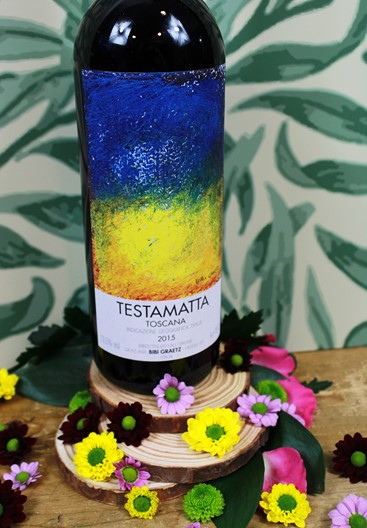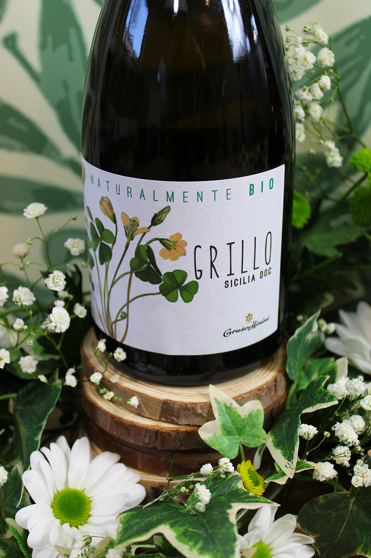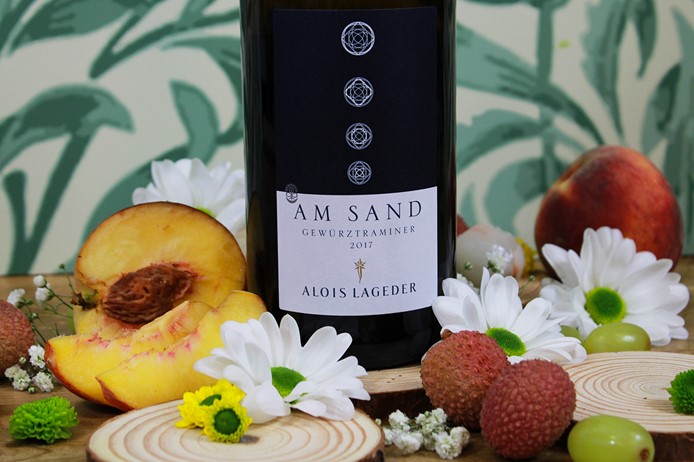Sustainable Italy: how our producers are keeping it green
Eco-friendly wine has never been more in vogue. Across the world, commitment to 'green' wine production is growing daily. So much so, that it's not uncommon for a wine's sustainable credentials to be talked about just as much - if not more - than the quality of the liquid itself.
Nowhere is this move (back) towards non-intrusive viticulture more evident than in Italy. A decade or so ago, 'green' attitudes to the winemaking world would only be found in tiny, off-grid vineyards. But fast forward to the present, and the number of winemakers practising organic, biodynamic or sustainable winemaking has soared. Over fifteen separate quality control bodies now exist in the country, working to award wineries with sustainable credentials. Even Gambero Rosso, arguably the Italian press' leading authority on quality food and wine, has introduced annual awards for sustainable viticultural practices, placing 'green' wineries at the forefront of award-winning Italian winemaking.
La vita é (sustaina-)bella
Italian winemaking history spans millennia. Vines were tended, grapes harvested, and wines fermented long before the age of artificial fertilisers and pesticides. And, due to Italy's ideal conditions in terms of soil and climate, this was all carried out with a huge deal of success. So as the global popularity of sustainable wine increases, and producers opt to 'go green', it's only natural that many winemakers are reverting to the practices of their ancestors.
And it's not only good for the planet. Going green has the added benefit of encouraging an authentic 'sense of place' to indigenous varieties - from which Italy, as one of the most diverse countries in the world in terms of native grapes, stands to benefit hugely.
Read on to find out more about three trailblazing producers, who are leading Italy's move towards sustainable winemaking.
Alois Lageder, Alto Adige
A holistic approach in the vineyard and winery.
"Nature is much more powerful than we are," says Alois Lageder. "Our objective as wine growers is to maintain and develop the complex systems of nature." Every function at Alois Lageder has been carried out biodynamically since the 1990s, with the winery achieving certified status in 2004. The winery strives for zero carbon production, using solar panels, natural temperature control methods and banning plastic and foil from their bottling process.
It's all about understanding nature in the vineyard, and making full use of its potential, says current winemaker Clemens Lageder, but the winery's approach extends beyond their own fields. "I am convinced we can improve quality through biodynamics," he says, "but we work this way because we have a responsibility to our neighbourhood." Alois Lageder partners with 80 other Italian growers, 50% of which practice biodynamics as a result of their influence - and have a goal of converting the rest by 2023. In addition, they are leading the way with new varieties in the area, experimenting with alternatives that will stand up to the challenges of climate change. "A hundred years ago, we had Riesling," Clemens continues. "Maybe in the future we will have Viognier. We need to think of how we can maintain the freshness, liveliness, and tension of our wines, not just now but in 10 years."
The biodynamic approach has, according to Clemens, had a significant effect on the wines themselves, due to improved soil quality and vine fertility. "You feel, see and smell that there is life in the vineyards," he says. "This, in turn, is reflected in the character of the wines. We perceive an increase in vitality, freshness, precision, and tension."
 Bibi Graetz, Tuscany
Bibi Graetz, Tuscany
In search of purity.
Maverick, artist and legendary cult winemaker, Bibi Graetz, has always relied on his own instincts when it comes to grape-growing and winemaking. Having undergone no formal oenological training, he has relied on the quality of his own vineyards, vines and fruit, rather than any external - a.k.a., artificial - factors. It's no surprise, then, that his winery uses entirely organic cultivation methods. A strong believer in the value of Italian winemaking tradition, Bibi also shunned the Super-Tuscan trend of planting Cabernet Sauvignon and Merlot, instead focusing on achieving the ultimate expression of indigenous grape varieties.
It's this 'purity' of indigenous winemaking that drives Bibi Graetz. "I think that [it's] more pure," he says. "I don't know if it is better. I am not a monk. But I like what I make. I have something about purity. I like pure, good stuff." Because of his dedication to using the old vines on his estate, he supplements yields with organically farmed grapes from around the region. This approach means that his wines don't quality for DOC status; however, in Bibi's mind, it's worth it - and it's paid off. His name is now synonymous with great Tuscan wines, some of the most collectable in the region.
'Naturalmente' by Caruso e Minini 
Sicilian sustainability at its most delicious.
Sicily's sun-soaked climate meant that for years, it fell victim to bulk wine production spurred on by bumper harvests. Yet recently, a significant generational shift has seen wineries move their focus to quality, rather than quantity. Young, upcoming winemakers such as Giovanna Caruso - great-granddaughter of Caruso e Minini's founder Francesco, are beginning to experiment with sustainable winemaking.
Caruso e Minini's organic range, 'Naturalmente', is all sourced from a small, isolated collection of vineyards. While the vines are planted at high elevation, in a location where cooling sea breezes work to counteract the effects of Sicily's hot climate and maintain freshness, it's Giovanna's winemaking technique that truly guarantees quality. Extreme attention to detail is shown in the crafting of each wine, from adding a tiny amount of oak to enhance aromatics in their Grillo, to the careful hand selection of the notoriously tricky Perricone grape. Even the labels of the range are created from biodegradable paper, in true sustainable fashion.






